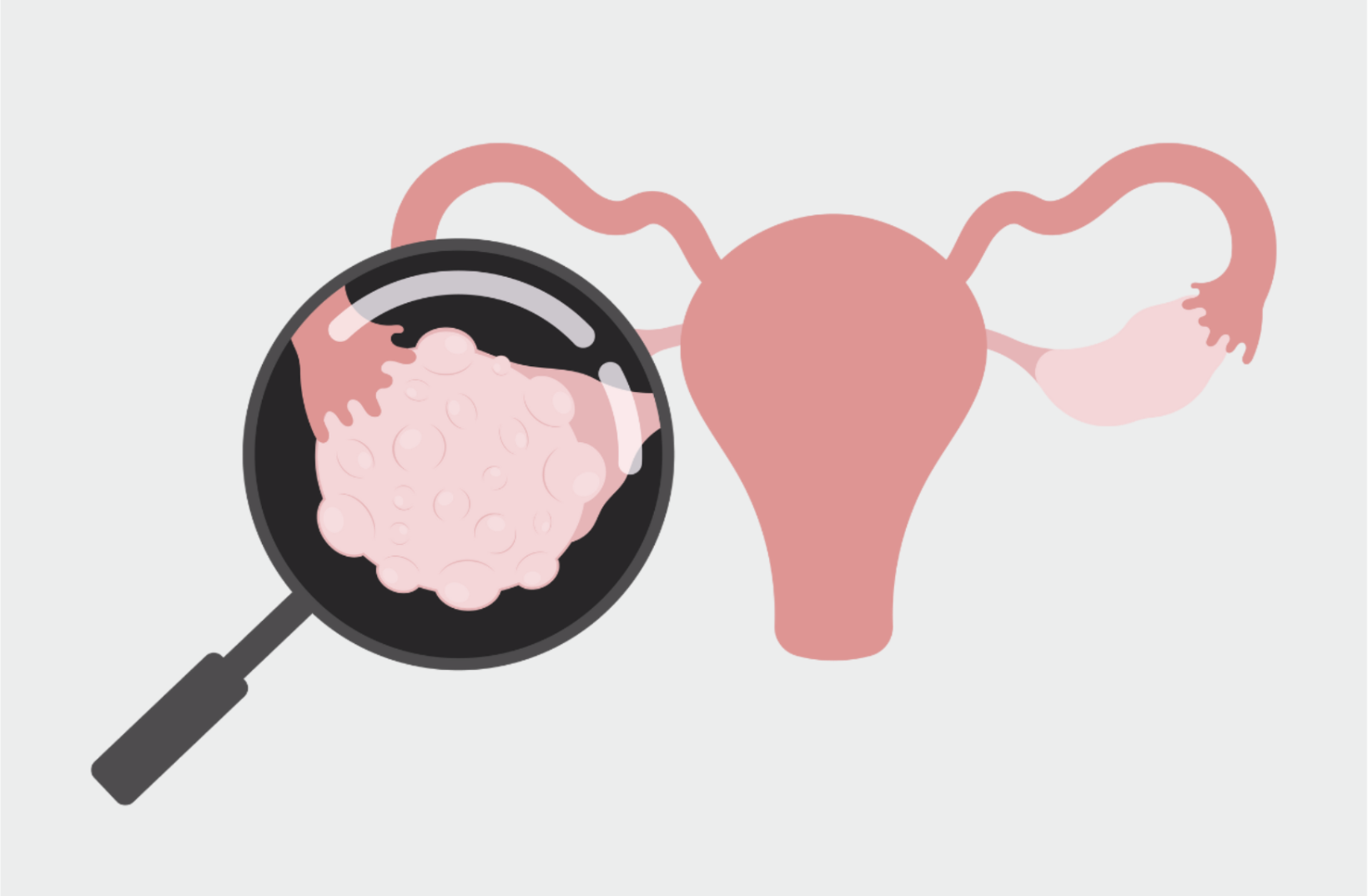.png)
.png)
In today's world, the path to parenthood is anything but one-size-fits-all. People are getting married later, and about 20% of women in the U.S. now have their first child after age 35. Whether you're focused on your career, haven't found the right partner, or are facing health challenges, your timeline for starting a family probably looks different from your parents.
If you're exploring options for future family planning, you may be wondering about embryo banking. Is it the right choice for you? Let's dive in and learn more.
How does embryo banking work?
In essence, embryo banking is the process of creating embryos through in vitro fertilization (IVF), then freezing and storing them for future use. It's like having a biological time capsule, waiting to be opened when you're ready for parenthood.
The journey begins with the same steps as IVF. First, you undergo ovarian stimulation to encourage the production of multiple mature eggs. Once ready, these eggs are retrieved through a 30-minute minimally invasive procedure. Then, in the lab, these eggs are fertilized with sperm (from a partner or donor), creating embryos. The embryos are carefully selected and frozen using a technique called vitrification, which allows them to be stored safely for many years to come.
Who is a candidate for embryo banking?
Embryo banking is for women who are absolutely sure they know who they want to be the biological father of their future children. It's a proactive choice for individuals and couples in a variety of situations:
- People undergoing IVF: If you’re undergoing IVF and want multiple children, some doctors will recommend embryo banking before doing an embryo transfer.
- People delaying parenthood: Maybe you're not quite ready for kids, but you want to ensure you have the option later. Embryo banking can help you safeguard your chances of having a biological child.
- Individuals facing medical treatments: Cancer treatments, surgeries, or other medical conditions can impact fertility. Embryo banking offers a way to preserve your options before undergoing such treatments.
- Same-sex couples: Embryo banking, combined with egg or sperm donation, can help same-sex couples achieve their dream of having a genetically related child.
- Single individuals: If you're single but know you want to use a sperm donor, embryo banking can give you a head start on that goal.
How many embryos should you bank?
During the IVF process, not all fertilized eggs will develop into viable embryos suitable for transfer. This natural attrition rate can mean that you will likely start with a larger number of fertilized eggs but end up with fewer healthy embryos.
It’s generally recommended to aim for approximately two genetically tested embryos frozen per the number of children you'd like to have. So, if you're hoping for two children, aiming to bank around four genetically tested embryos would be a reasonable goal.
Of course, you’ll want to talk through this with your fertility doctor. They can take into account factors like your age, overall health, and any specific fertility concerns to provide personalized guidance on the ideal number of embryos to bank for your situation.
Is embryo banking right for you?
You’ll want to weigh the potential benefits of embryo banking against the considerations, and figure out if this is an investment you want to make. Here are some questions to ask yourself:
- What are my future family plans?
- Am I okay creating embryos I may never use?
- Can I afford the associated costs?
- Am I emotionally prepared for the process and potential outcomes?
Of course, egg freezing is an alternative option. You can learn more about that here.
The bottom line
Embryo banking is one way to take control of your fertility journey. It's not just about preserving embryos, it's about increasing the chances and the possibility of building a family when the time is right for you. The path to parenthood is unique for everyone, and embryo banking might be the key to unlocking yours.
If you are interested in freezing your eggs or banking embryos, we can connect you with a fertility specialist for a consultation to discuss your specific situation. Our Freeze by Co platform is making egg freezing more empowering, positive, and accessible — even free — when you give half of the eggs retrieved to a family who can’t otherwise conceive.










